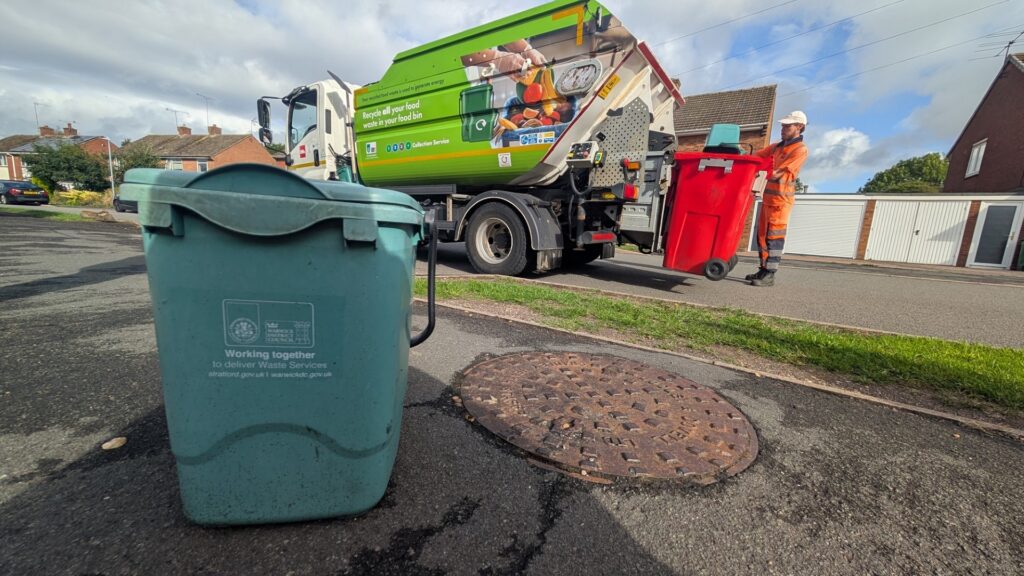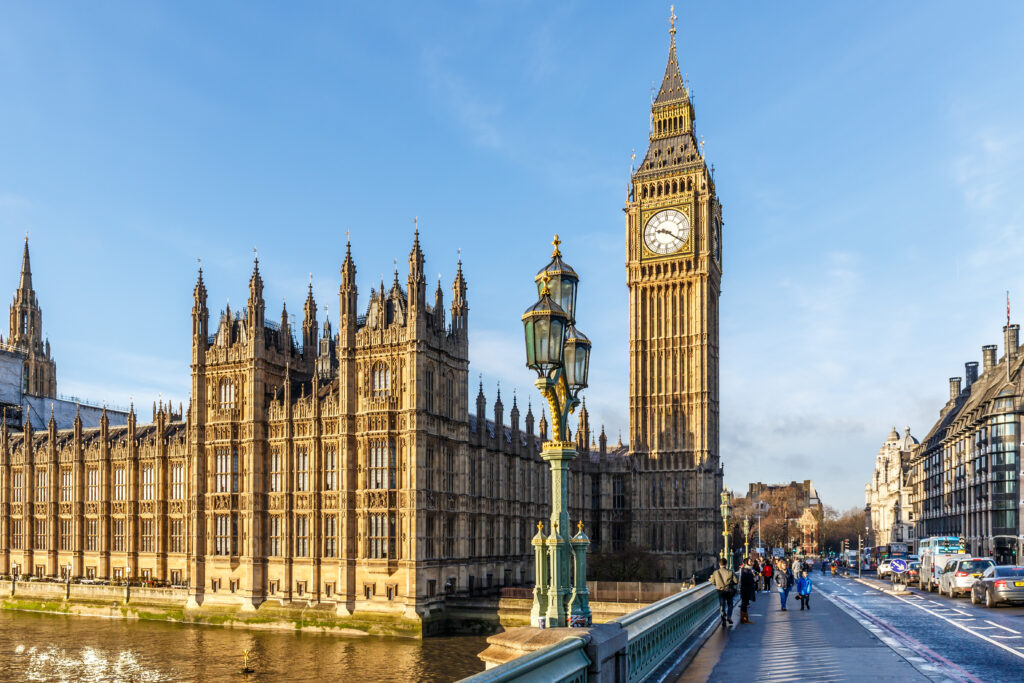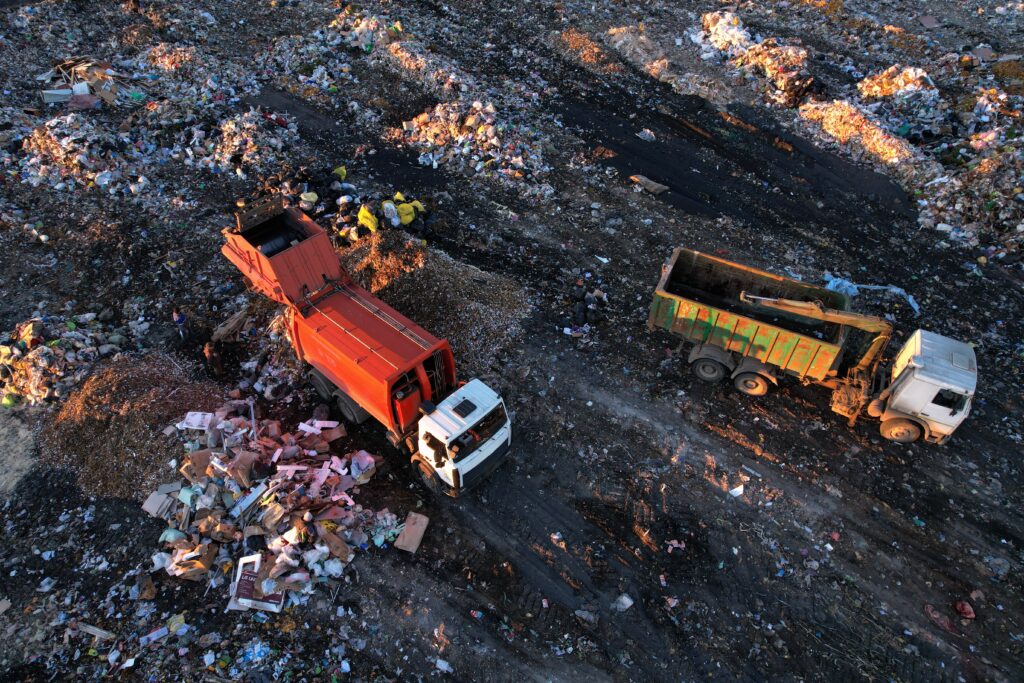The Scottish Government has today (September 21) confirmed it plans to work towards achieving a 70% recycling rate by 2025 as part of a move towards a low carbon economy.
Outlining the Governments spending plans for the next three years in his 2012/13 budget and 2011 spending review, finance minister John Swinney said the SNP administration would take forward the commitment it made in its manifesto to work towards the target. It will also aim to reduce waste to landfill to 5% by 2025, he added.

These goals were set out last June, in the Scottish Governments Zero Waste Plan, which also included plans for landfill bans and a push towards source segregation (see letsrecycle.com story). Draft Zero Waste (Scotland) 2011 Regulations, which provide the legislative framework to reach the plans targets, were published for consultation in February 2011, and are expected to be laid before the Parliament in December 2011.
Mr Swinney also committed to supporting businesses to reduce waste and use resources efficiently, which, he claimed, would mean companies could reduce costs and emissions while increasing productivity and profitability.
In a speech to the Scottish Parliament, Mr Swinney said that the WRAP-run Zero Waste Scotland programme had already helped more than 800 Scottish businesses to reduce their waste and make better use of scarce resources.
And, he said the Scottish Government would also help householders to reduce waste and food waste in particular – and highlighted the 70.8 million the administration has committed to investing in the Zero Waste Scotland programme.
Competitive advantage
In his speech, Mr Swinney said Scotland had a massive competitive advantage in terms of the low carbon economy and said that, as a result, the move towards a green economy was a major priority for the government.
That reflects the opportunity we now have to secure further investment and jobs from this growing sector and ensure benefits of this transformational change are shared across the economy and our communities, he said.
As part of this, Mr Swinney highlighted the part that Scotlands National Renewables Infrastructure Fund would have in leveraging private investment into renewables. In total, he said the Spending Review would see 200 million invested in renewables between 2012/13 and 2014/15.
Successfully exploiting Scotlands massive green energy potential will be a key part of our journey to a low carbon Scotland, he stated in the budget and spending review document.
Decarbonising our electricity generation will not only help to reduce Scotlands emissions over the long term, but it will also be an important element in ensuring our overall energy security.
Landfill tax
While not specifically mentioning landfill tax, Mr Swinney said: 90% of tax revenues are controlled by Westminster and are set with neither reference to economic circumstances here nor the preferences and needs of Scottish households or businesses.
Plans for Scotland to gain more taxation independence are contained in the Scotland Bill, which was originally unveiled in last years Queens Speech (see letsrecycle.com story), with landfill tax among the areas the bill proposes be devolved to Scotland.
The Bill has currently passed through the House of Commons and has had two readings in the House of Lords, it must, however pass through further committee, report and third reading stages in the upper house before receiving Royal Assent.
Concerns have been raised, however, over whether giving Scotland the power to set its own landfill tax could create a price variation on disposal that could be exploited by criminals (see letsrecycle.com story).









Subscribe for free